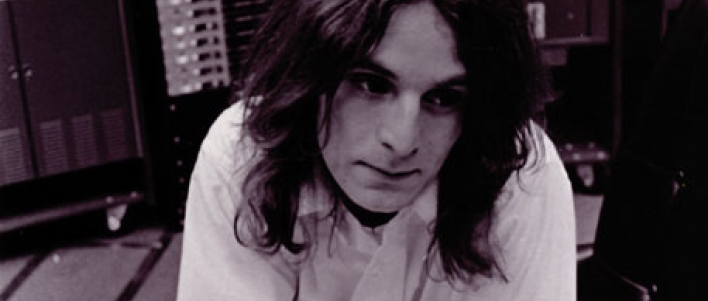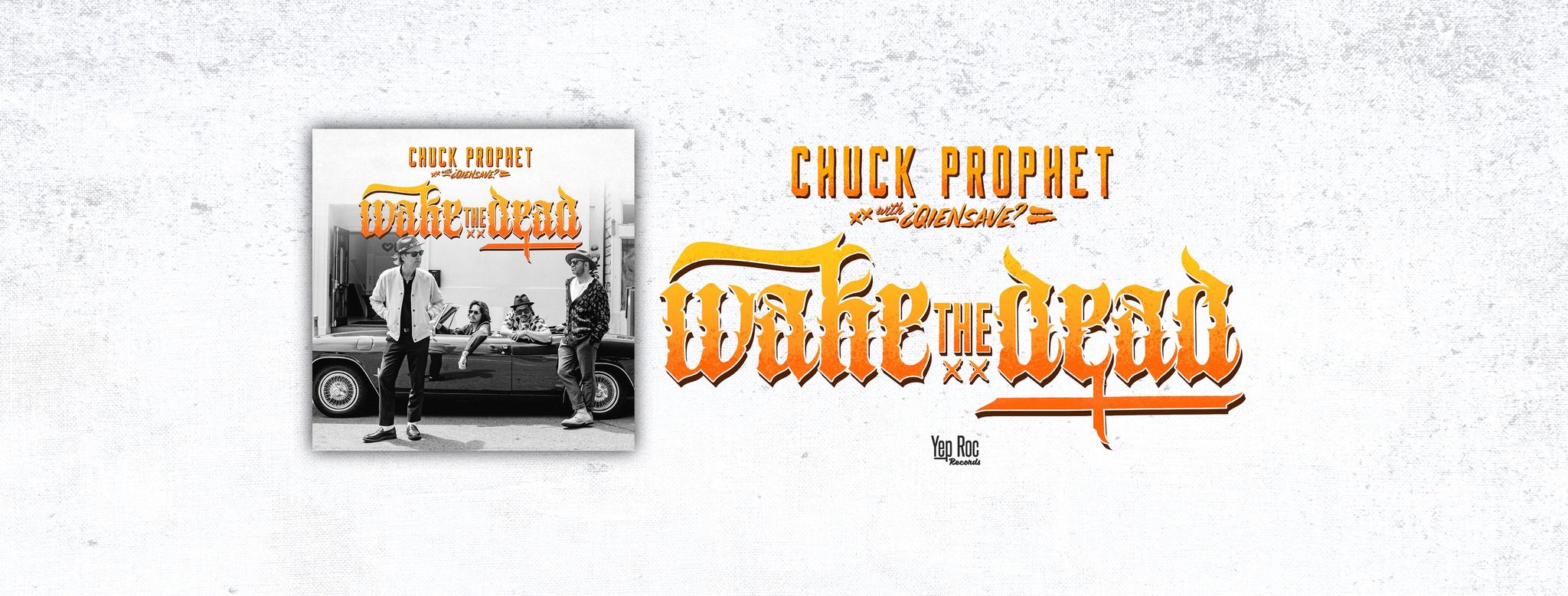
Alex Chilton
Tom Waits once described Alex Chilton as “the Thelonius Monk of the rhythm guitar”. He’s damn right. I heard it all for the first time live in 1986 at the 688 Club in Atlanta, Georgia. I was 22 years old; a kid in a band called Green On Red and we were playing on a bill with him that night. We were positively bourgeois; freshly signed to Polygram Records with an extra van and a rag-tag road crew. We were living high on the hog, man (or we thought so, anyway). Alex Chilton pulled up the gravel drive to the back of the joint in an old Buick Skylark spitting plumes of blue smoke. He took off the shirt he was wearing, shoving it into the back of his Fender Super Reverb amp, and pulled out the one he wore for gigs. He donned a harmonica rack and tuned up his guitar to the harp, all the while looking at his bass player and drummer (Rene Coman and Doug Garrison). He stepped up to the mike and clicked his heels four times. That was it. I don’t know who my fragile busted up little psyche’s influences were at the time; Neil Young, Joe Strummer, David Bowie, Tom Verlaine? They all went out the window at that moment; floated up into the ether and stayed put. Alex has remained. I have forgotten many heroes along the way. Put on “Bangkok” and you’ll begin to understand why this man, this rock and roll song and dance man, can’t be tossed aside. Ever.
That night Peter Buck called out for Elmore James’ “Shake Your Money Maker” and Alex twisted the gears on his headstock, went straight into open G, and fucking nailed it. What fucking planet did he come from, this “invisible man who can sing in a visible voice”.
He’s done his time, but his time has never been up. Through the Box Tops, Big Star, and on to the days of his solo work, Alex is a true American enigma. He was at once an Anglophile in the heart of Memphis’ Stax driven scene and a white boy with as much soul as anyone who ever walked through the doors of that studio on McLemore. Nobody got it. Not the goth kids wanting to bleed all over the upholstery of Sister Lover’s Big Black Car, Neither did the power pop candy boys: they wanted to rub up against the man in the confessional booth of Radio City. They wanted to come in as clean as their momma’s kitchen floor and leave, no, steal away with a bit of Alex’s dirty soul. Goddamn freaks. Who knew that 10 years later “In The Street”, covered by Cheap Trick, would become the opening track to every episode of “That 70’s Show”, paying a perpetually broke Alex Chilton prime time royalties.
He’s from another era, an entirely different time. He just wants to sing “Boogie Shoes” or “Goldfinger”. He defies categorization entirely. ENTIRELY. Isn’t that rock and roll? What rock and roll was and should be all about? And the critics; they have panned and adored his work, in some twisted and perverse circular motion. They got their feelings hurt when Big Star didn’t become the next Badfinger, and went on to call Big Star’s third record, ”Sister Lover’s”, shit when it was released and brilliant today. Through it all Alex has remained. Stax was torn down, Elvis is dead, Paul McCartney started “Wings” for god sakes. But Alex is naming records “Loose Shoes and Tight Pussy”, playing his guitar for whoever shows up, and doing exactly as he pleases. The New York Times once called Green On Red “one of the most important bands of the decade”. When Alex came to Ardent Studios while we were mixing “Here Come The Snakes” to collect a royalty check for “September Gurls” he hung out and listened for a while. He stood up, with his bag of “vitamins” in hand, and said, “it’s good”. Not “it’s great” or “it’s reminiscent of…” but “it’s good”. I could give a damn about The New York Times. Alex Chilton smoked a joint, listened, and said it was good. Alex Chilton. Now when I hear “Flies On Sherbet” I can think of a rock and roll genius telling me “it’s good”. That’s more than enough for me. Who needs The New York Times when you’ve got rock and roll; the kind that saves souls, makes kids buy guitars, and makes you move. Really move.


